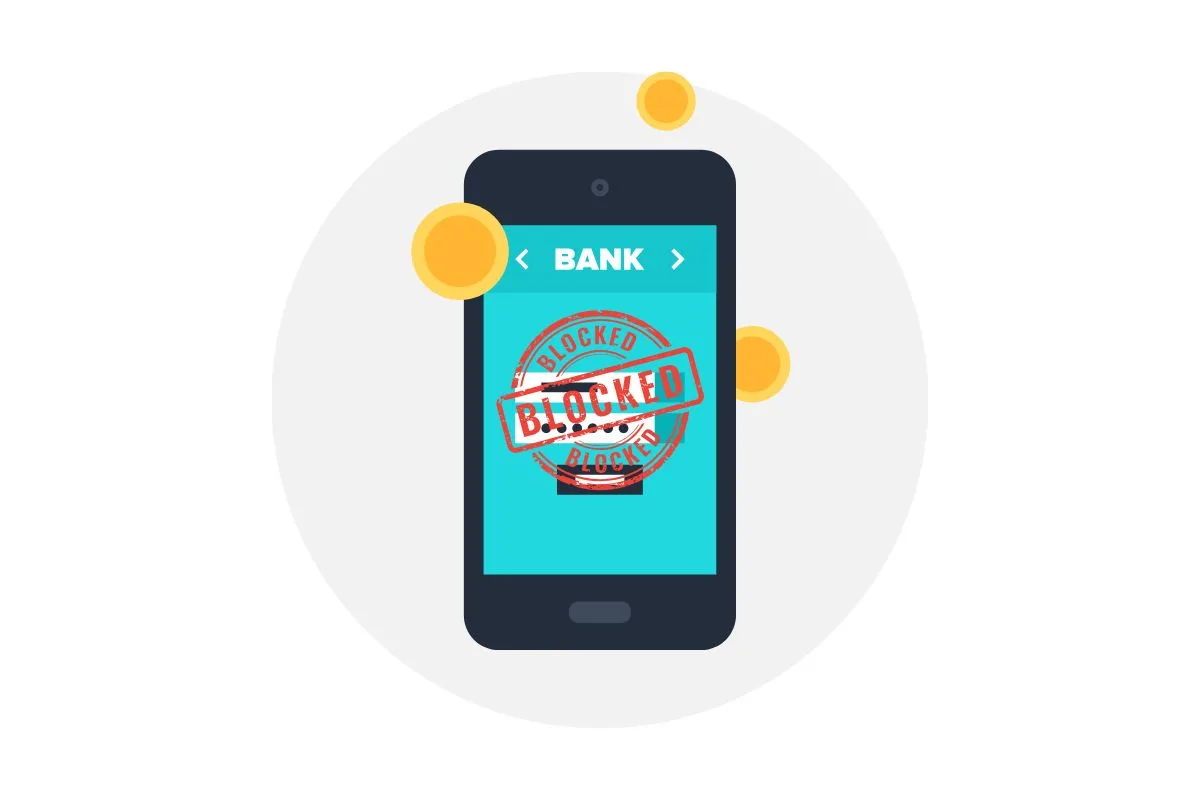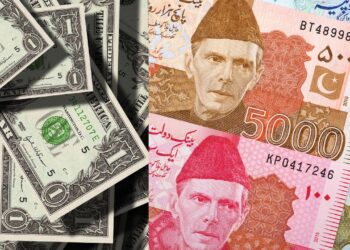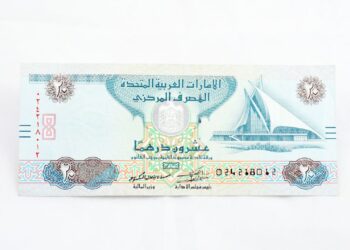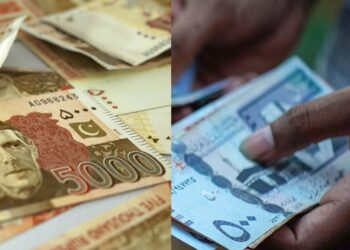Recently, a concerning trend has emerged in Pakistan’s banking sector, with the chain blocking of bank accounts becoming a huge problem. This problem stems from a single illegal transaction initiated by one individual, often involving activities such as crypto-related transactions or trading apps like Exness. As a result, many innocent users get caught up in the chain blocking of bank accounts, causing a lot of distress.

The issue typically begins when a bank identifies an illegal transaction linked to a particular account and promptly blocks that account. However, the blockade extends beyond the initial offender. Any accounts that received funds from the flagged account are also subject to blockage or debit hold, making it impossible for the account holder to withdraw or transfer their funds. This sets off a chain reaction, trapping lots of people who had no involvement in the illicit activity.
Adding to the complexity of the issue is the lack of cooperation among banks. Despite being aware of the collateral damage inflicted on innocent customers, banks fail to coordinate effectively to resolve the matter of customers that have absolutely nothing to do with any illegal transaction.
To better explain the issue, consider a scenario where someone sells a service or item, such as a computer, and receives payment via bank transfer. Days later, their account is suddenly blocked without any notice due to a dispute initiated by the sender’s bank regarding an unrelated transaction.
But, when the person who owns the account talks to the sender to sort things out, he or she finds out that the sender’s account is also blocked for a similar reason. And it turns out, this chain of blocked accounts goes back to many users because of a flagged transaction from one account holder.
This vicious cycle, originating from a single wrongdoing, ensnares countless individuals in a web of financial uncertainty. Despite submitting evidence of legitimate transactions, affected individuals find themselves trapped in bureaucratic deadlock for months, unable to regain access to their funds.
The State Bank of Pakistan (SBP) and banking institutions are under a lot of criticism on social media for their inadequate policies, which have led to widespread suffering among citizens. While banks such as Meezan Bank, UBL, EasyPaisa, and HBL have been particularly implicated in numerous cases of blocked accounts, others are not immune to this practice.
People are struggling with poor banking policies, and they are asking for better rules and reforms in the banking sector. Several people have been wondering why banks don’t put a hold on the amount of the flagged transaction but rather the entire account.
There have been cases where people have had a few lakhs in their bank accounts frozen due to a transaction of a few hundred rupees. Furthermore, this problem isn’t just affecting average customers but also small business owners like shopkeepers, who provide options to pay via bank transfer.
















